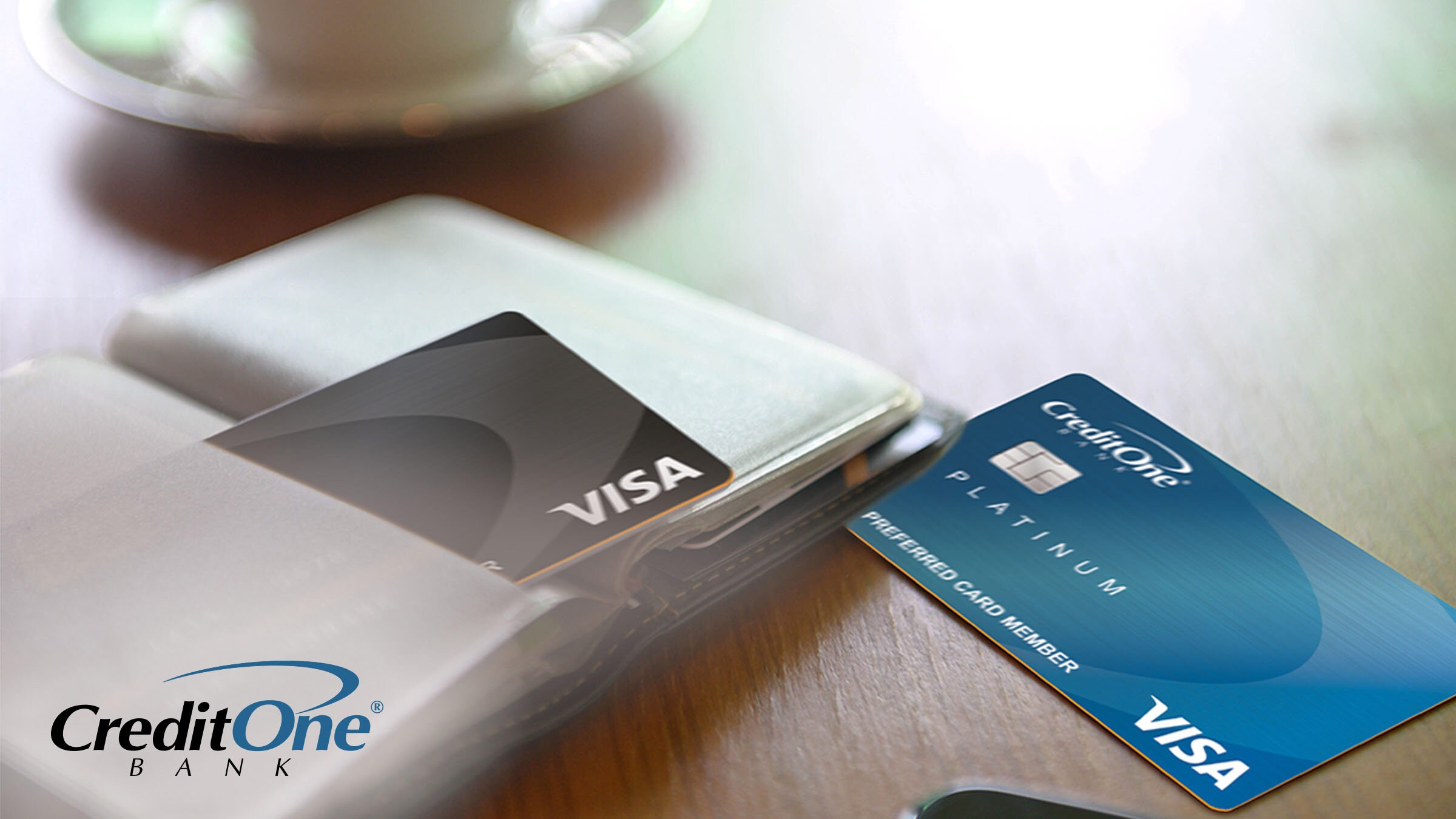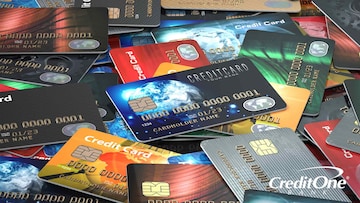Credit cards are a bit like cars—one will usually get you where you need to be, but a second could prove invaluable should there ever be problems with the first. Or it may simply provide a different kind of ride.
The average American has 2.6 credit cards, which we’ll call between two and three since nobody out there is currently issuing six-tenths of a credit card. If you’re walking around with just one card in your wallet, it may be working just fine for you, and there are some advantages to single-carding it, such as only having to keep track of one payment due date each month.
But there are definite advantages to having a second credit card. Here are five you may want to consider in making a decision on whether a second credit card is right for you.
- More Purchasing Power
If you have a credit card with a $500 credit line and then get a second card with the same limit, you’ve effectively doubled your purchasing power with that acquisition. What’s more, if you’ve already demonstrated the ability to use credit responsibly with your first card by making regular on-time payments, the credit line on your second card could be set higher than that of the first, providing even more muscle for making purchases.
Of course, the downside is that, if you don’t continue to exhibit responsible credit behavior, you could amass more debt quicker with a second card. So exercising restraint in making purchases and continuing to make at least the minimum amount due on both accounts on time each month is doubly important.
- More Acceptance
My grocery store of choice recently stopped accepting Visa®. When they did, I was faced with two choices: (1) use a different credit card and continue to earn cash back rewards on my purchases or (2) pay with cash or debit card and earn no rewards. Because I possessed a credit card that my grocery store did still accept, I opted to go the first route and continue to earn rewards.
Not every merchant accepts every credit card. By having a second card that uses a different card network (Visa, Mastercard®, American Express®, etc.), you should be able to make more purchases on credit with a larger selection of merchants.
- You’ve Got a Backup
Say you’re out of town and your credit card gets lost, damaged, stolen, or fraudulent purchases are made with it and your account is closed. If it’s your only card, you’re going to have to rely on cash or debit card until you can get a replacement credit card. A backup credit card, even if you rarely use it, could save the day if anything goes wrong with your primary card.
- You Could Earn More or Different Rewards
If your first credit card doesn’t offer rewards, then it should benefit you to get a second card that does. If they’re both rewards cards, having a second credit card could help you to earn more rewards than with just one card at your disposal—particularly if it offers sign-up bonus rewards for making X dollars’ worth of purchases within the first few months of getting the card.
Or your second card may offer rewards of a completely different type, such as airline miles instead of cash back. Some rewards cards also offer additional bonuses for specific purchases, such as extra miles or cash back for renting a car from a certain rental agency or for staying at a designated hotel chain. With an extra rewards card, you can pick and choose when to use which credit card, taking a more strategic approach to earning rewards.
- It Could Raise Your Credit Score
Your payment history comprises up to 35% of your credit score. If you only have one credit card account on which you’re making payments, that paints a narrower payment picture than making payments on two accounts. With only one account, if you make one payment each month, the most on-time payments you could make in one year is 12. With two accounts, you could make 24 on-time payments in a year, which tells an even more positive payment story. Just make sure you’re managing both accounts responsibly and getting at least the minimum amount due in on time on both accounts every single month.
The other way a second credit card could raise your credit score is by lowering your credit utilization ratio, which accounts for up to 30% of your credit score. A second credit card gives you more available credit, which can lower this important ratio—so long as you don’t run up outstanding balances to the point where they negate any benefit additional credit from a second card provides. You typically want to keep the ratio of how much you owe on a credit card in relation to the card’s credit line below 30%.
It’s worth mentioning that, when you actually take the step of applying for a second credit card, your credit score could drop by a few points when the card-issuer does a hard inquiry to your credit reports. But this minor drop can be quickly offset by—yep, you guessed it—making consistent, on-time payments.
Should You Get a Second Credit Card from the Same Issuer?
It may make sense to get your second card from the same card-issuer, particularly if the second credit card uses a different card network, so you can take advantage of point #2 above. But there are other advantages to going with the same bank, including:
- It May Be Easier to Get a Second Card
If you’ve been making on-time regular payments on your first credit card, that may weigh more heavily with your current bank in their decision to grant you a second card than it would with another bank. Your bank may even take the initiative and reach out to you with an offer for a second card.
- It Could Make Managing Both Accounts Easier
If you set up online account access with your credit card bank, it should be easier to manage both accounts if they’re with the same bank—one user name, one password, etc. The same goes for using a credit card mobile app. Credit One Bank’s highly rated mobile app for iPhone and Android, for example, makes it easy to manage two accounts, including providing an easy-to-view account overview of both accounts.
- You May Be Able to Combine Rewards
A second credit card from the same card-issuer may use the same rewards program, so you can earn the same types of rewards from both cards, which could help you accumulate more rewards faster.
- It Could Be Easier to Manage Loss or Fraud
If you lose a wallet or purse with more than one credit card in it from different banks, that’s multiple phone calls to multiple banks. Same thing if you discover fraudulent charges on your accounts. By having both cards with the same bank, you can make one call to your bank and help minimize the hassle factor should you ever lose your card or be a victim of fraud.
Only you know if a second credit card is right for you. But before you shrug off the notion of applying for a second card, it pays to understand why it may be advantageous for you to become a two-card carrier.
After realizing he couldn’t pay back his outrageous film school student loans with rejection notices from Hollywood studios, Sean focused his screenwriting skills on scripting corporate videos. Videos led to marketing communications, which led to articles and, before he knew it, Sean was making a living as a writer. He continues to do so today by leveraging his expertise in credit, financial planning, wealth-building, and living your best life for Credit One Bank.



![How Credit Cards Work for You [Infographic]](/content/dam/cob-corp-acquisition/images/articles/2021/03/104429 COC_13_102547_Forget Cash.jpg?imwidth=360)
